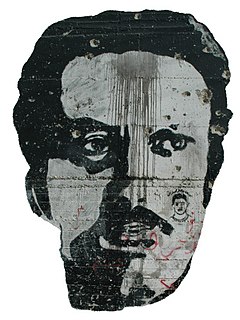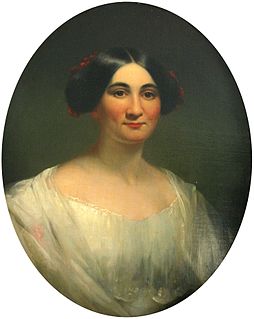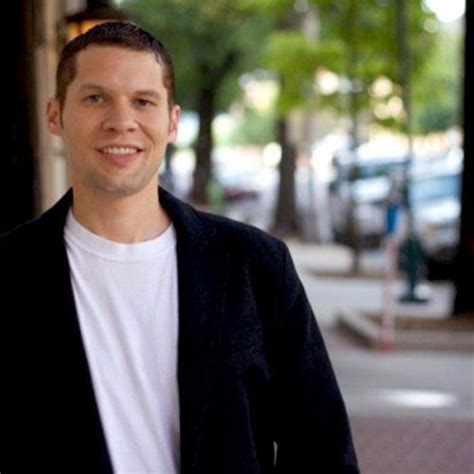A Quote by William Shakespeare
Alas, our frailty is the cause , not we! For, such as we are made of, such we be.
Related Quotes
But how can you know anything of the impression made on others? Who can assure you that others do not draw therefrom incentives to evil? You do not know the depths of human frailty. . . Oh, how truly was it said that if some Christian women could only suspect the temptations and falls they cause in others with modes of dress and familiarity in behavior, which they unthinkingly consider as of no importance, they would be shocked by the responsibility which is theirs.







































